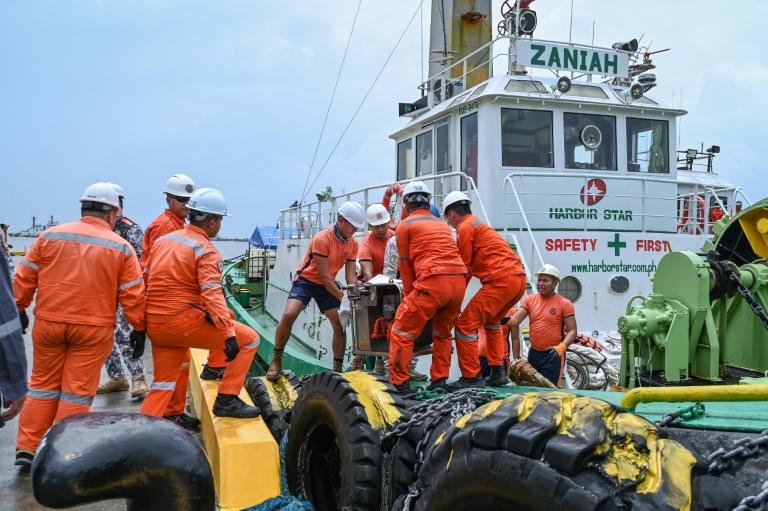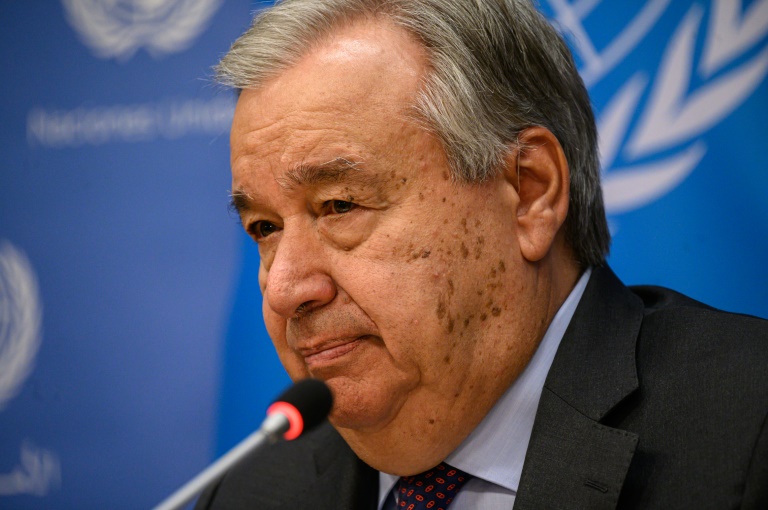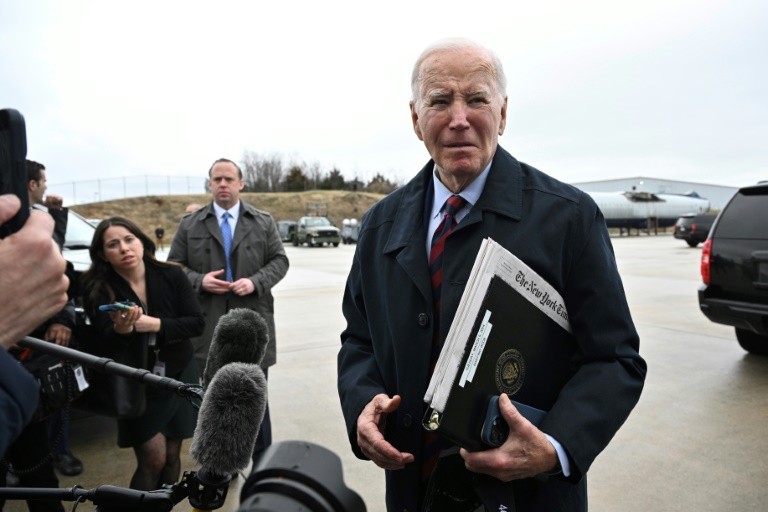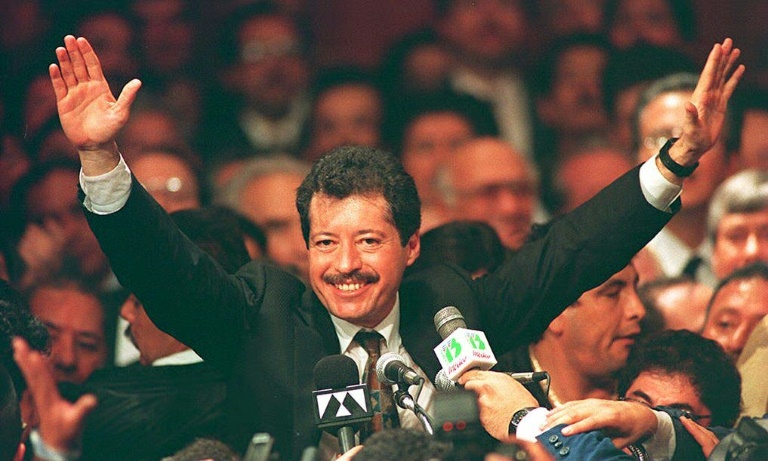Queues formed before dawn Saturday at Moscow blood donor centres as shocked residents of the capital showed solidarity for victims of the Crocus City Hall attack.
On top of at least 133 people killed at the concert hall — mown down by gunmen or unable to escape the burning building — more than 100 people were taken to hospital after Friday’s attack.
Many laid flowers in front of Crocus City Hall, its roof blackened and partially destroyed by the fire started by the attackers. Police and special forces still surrounded the hall Saturday as hundreds of emergency workers searched the debris for signs of victims.
On advertising hoardings and at bus stops across Moscow, posters were put up showing a candle and the slogan: “22/03/24 — We mourn”.
With steady rain falling, about 150 people waited outside one blood donor centre in northwest Moscow following an appeal by authorities.
“I came to help,” said Alexandra, a 35-year-old air logistics specialist who added that all citizens had a “duty” to give aid.
The woman said she lived near the Crocus City Hall that was attacked and virtually burned down.
“When you can see what happened from your balcony, you understand what the reality is,” she said.
“When you see the situation you don’t want to remain isolated, you want to help,” said Vladislav, an 18-year-old student in the queue.
Russian investigators have said four armed attackers opened fire with automatic weapons at the concert by the Piknik rock group — the worst attack in Russia for about two decades.
The Islamic State group has claimed responsibility but this has not been publicly acknowledged by Russian authorities, who announced the four attackers were caught while heading for Ukraine.
By midday Saturday, medical authorities said enough blood had been collected to help the wounded from the attack, adding donors would still be accepted. “We support the desire of people coming here,” said Federal Medical-Biology Agency official Olga Eikhler, quoted by Tass news agency.
The shock was nationwide. In the second city of Saint Petersburg, people left flowers in tribute at several monuments and a queue formed at the main improvised gathering point in front of the Russian national library.
Fourteen people were killed and 53 injured in a bomb attack on the city metro in 2017.
In the Urals city of Yekaterinburg, a makeshift memorial was started in the central square near a statue of communist icon Vladimir Lenin. People brought flowers, toys and candles. Some cried.
Russian authorities stepped up security across Moscow, including in the underground metro, officials said.
Red Square was cordoned off and tourists from other parts of Russia said they were worried about walking nearby.
Lyubov, a 43-year-old from Pskov spending three days in the capital, said she had wanted to see “the heart of the country” with her family. But she admitted she was “scared” for herself and her children.
Olga, 38, was also near Red Square on her first visit to Moscow from her home at Chelyabinsk in the Urals.
“All this was so unexpected,” she said. “A terrible tragedy.”
“Of course, I don’t feel safe,” she added. “I’m very scared.”
AFP







